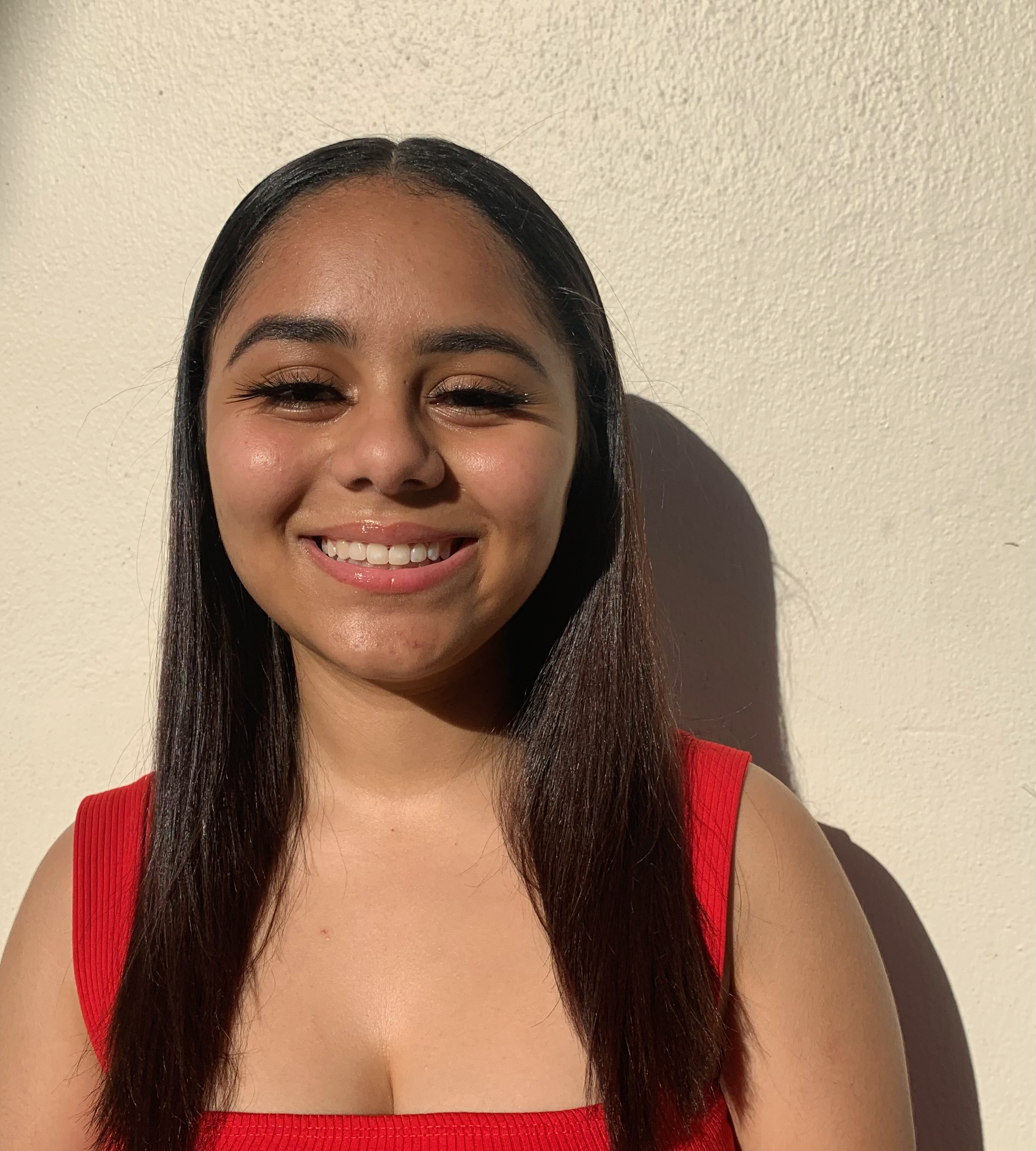Research Symposium
22nd annual Undergraduate Research Symposium
Karissa Huggins Poster Session 4: 12:30 - 1:15/Poster #14

BIO
My name is Karissa Huggins and I am from Lauderhill, Florida. I am currently a second year student here at Florida State double majoring in Political Science and Criminology and minoring in African American Studies. I teach a class to incoming freshman, I am an Orientation Leader, and I am in UROP. After receiving my undergrad degree I plan on attending law school and receiving my J.D. I then plan on becoming a public defender for juveniles and opening a non-profit organization for underrepresented youth.
Constitutionality of Reparations & Affirmative Action
Authors: Karissa Huggins, Taylor DarksStudent Major: Political Science and Criminology
Mentor: Taylor Darks
Mentor's Department: Sociology Mentor's College: College of Social Science Co-Presenters: Davone Simmons
Abstract
In the city of Evanston, Illinois, reparations became a prominent conversation when policymakers decided it was time to rectify past wrongdoings to the Black community of Evanston. The concept of reparations, affirmative action and their constitutionality is the focus of this project. Affirmative action is the policy that favors individuals in marginalized groups. Both reparations and affirmative action, while separate concepts, spark similar conversations in the same spaces. Prior research highlights reparations in an opinionated context as legal action against or for them proves to be a hard task. This project aims to analyze the discourse surrounding reparations in the city of Evanston. Qualitative methods such as legal analysis, discourse analysis and coding articles are used to achieve this. Findings report that most conversation around reparations falls into categories that can be described as connotations; positive or negative. The significance of these findings lies in the analysis of the discourse that surrounds reparations and affirmative action. The discourse found seems to have heavy ties to the result of policy decisions, not just in Evanston, but affirmative action and reparations cases nationwide.
Keywords: Reparations, Affirmative Action, Qualitative

